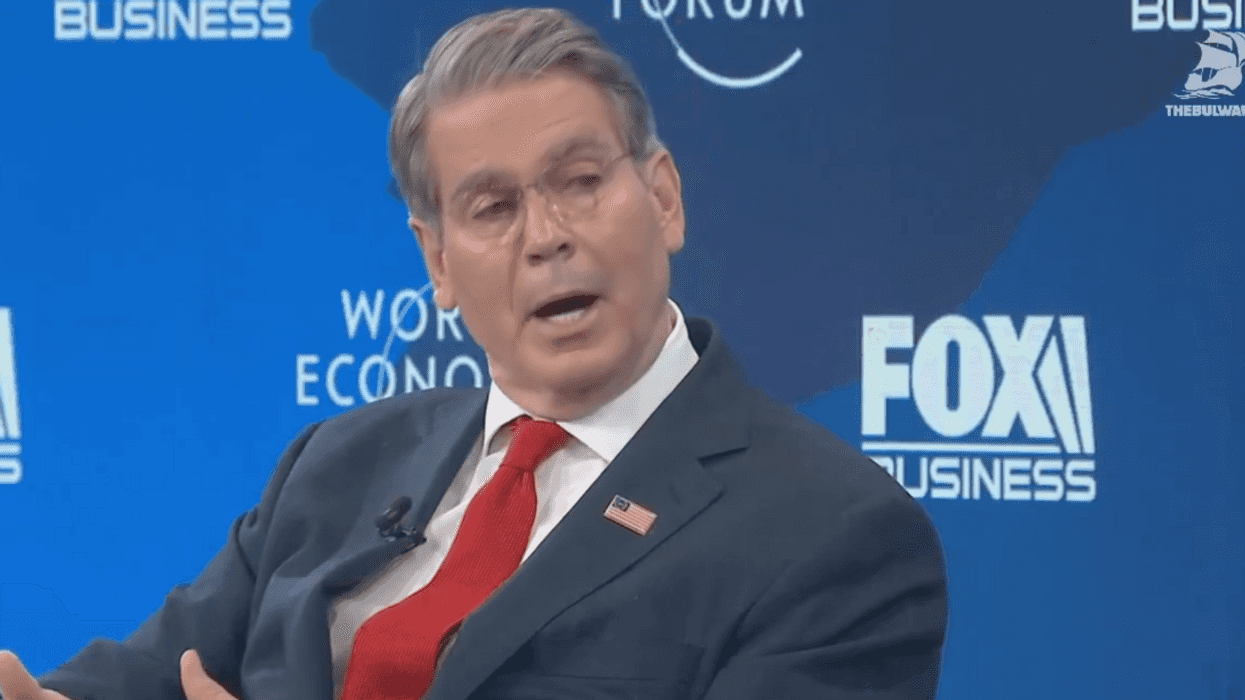When a person wants to have a surface-level conversation and not dig into a deeper, more nuanced discussion surrounding a topic, it's usually blatantly obvious.
And it was clear that when Andrew Garfield, Julia Roberts, and Ayo Edebiri were on tour for their film After the Hunt, a journalist was interested in the buzzwords "MeToo" and "Black Lives Matter"—without any curiosity about either movement.
But Ayo Edebiri was not prepared to be shut down about subjects that she had every right to have a voice about.
During the conversation, the journalist asked a very convoluted question about the "Me Too" Movement and the Black Lives Matter Movement being "done" and how it was easier to navigate their work without having to worry about political correctness.
Garfield turned to his two female costars and laughed nervously, crossing his legs, before Julia Roberts leaned in, asking for clarification on the question and who the question was directed to.
The journalist brushed over this, stating that the question was for Andrew Garfield and Julia Roberts, before pushing forward into reframing the question:
"The question was for Julia and Andrew. Now that the 'Me Too' era and that the Black Lives Matters are done, what do you expect in Hollywood? And what we lost, we lost something in the political outpouring, era?"
In the meantime, Edebiri had leaned in, looking confused, then angry, and then spiteful, looking around the room at the people behind the camera, obviously looking for confirmation that she, a Black woman, had been excluded from a question regarding the "Me Too" Movement and Black Lives Matter.
Her two costars looked awkward as the question concluded, and Edebiri stepped in, raising her hands, and said she was prepared to respond. Both were happy to give her the floor.
Edebiri responded:
"Sorry, I know that that [question] is not for me, and I don't know if it's purposeful that it's not for me, but I don't think it's done."
"I don't think it's done at all. I think maybe hashtags may not be used as much, but I do think that there's work being done by activists, by people every day, and it's beautiful, important work that's not finished, that's really, really active."
"And for a reason, because this world is really charged, and that work isn't finished at all."
"Maybe there's not mainstream coverage in the way that there might have been, daily headlines in the way there might have been eight or so years ago, but I don't think that that means that the work is done."
You can see the interview here:
Some applauded Edebiri for speaking up and standing her ground.
Others called the journalist out for being racist.
The journalist has since been identified as Italian film journalist Federica Polidoro, who has released a public statement about the interview, the infamous question, and her exclusion of Edebiri.
Polidoro's full statement reads:
"Following an interview, I have been subjected to personal insults and attacks because of a question that, for some reason, was not well received by some members of the public. I find it striking that those who unjustly accuse me of racism and consider themselves custodians of justice find acceptable violent language, personal attacks, and cyberbullying."
"I would like to clarify that, rather than focusing on the thoughtful responses of Ayo Edebiri, Julia Roberts, and Andrew Garfield, the discussion continues solely on how I should have phrased the question. All the contributions from those present were reported in full in the published interview, without any omissions."
"To date, I am not aware of any protocol that dictates the order in which questions must be asked in an interview. Censoring or delegitimizing questions considered 'uncomfortable' does not fall within the practice of democracy. Only the Journalists’ Association is authorized to evaluate the work of professionals in the field, not social media tribunals."
"To those who unjustly accuse me of racism, I would like to clarify that in my work, I have interviewed people of every background and ethnicity, and my own family is multi-ethnic, matriarchal, and feminist, with a significant history of immigration."
"I have collaborated for over twenty years with numerous national and international publications of all political orientations, always approaching my work with openness and professional rigor."
"In my view, the real racists are those who see racism everywhere and seek to muzzle journalism, limiting freedom of analysis, critical thinking, and the plurality of perspectives."
"Journalism’s role is to ask questions, even on delicate topics, with respect and responsibility. I will not tolerate or accept defamatory or violent language, and I reserve the right to seek legal protection against those who, in recent days, have chosen to hide behind the digital mob to insult and attack me instead of seeking a civil and constructive discussion."
You can also see Polidoro's Instagram post including the statement here:
Polidoro's response to the controversy garnered attention on the "Fauxmoi" subReddit, where people were not convinced.
Some did not appreciate her dismissal of concerns about racism and exclusion.
"I got to 'for some reason' and stopped reading. That’s all I needed to know." - Any-Spend5776
"I got to the part about 'my own family is multi ethnic' and stopped. Next she'll say she has lots and lots of Black friends." - smorio_sem
"It's always racist white people who love throwing around 'the real racists are people who see racism everywhere' when in reality racism, is in fact, everywhere and perpetuated by this exact type of person." - s_deezy
"Classic. All parties were clearly put off by the question. The question itself was bad, and it doesn’t take a journalist to make that assertion. No self-reflection, or clarification of the intention, just threats of lawsuits lol. Typical." - justine2323
"She follows JD Vance, JD Vance HQ, Trump, Giorgia Meloni, and several loud and proud trumpsters. Girl, shut the f**k up with the 'I’m not racist.'" - CloutGoblinn
Others still had questions about Polidoro's approach to the question, period.
"Literally a word salad of nothing, she still did not address the issue of why she posed the question to only Andrew and Julia in regard to MeToo, BLM and excluded Ayo who is a Black woman. She's just upset about being called out and isn't sorry in the slightest, also glad to see the old chestnut of I have Black friends/family make an appearance." - Comfortable-Load-904
"I forgot exactly how the question was phrased, but from my perspective, it seemed she was asking how the industry is better now that the BLM and Me Too movements are 'dead.' It was a very odd question, and I'm not sure how she thinks it could be interpreted besides as racist and misogynistic, since it was implying that the activist movements were inherently harmful."
"The main problem, however, was her leaving out Ayo, the one black woman there. Asking the white man is once again baiting for him to say how 'harmful' the movements were. Andrew Garfield of course responded in the best way possible, acting confused and fully turning his body to direct it to the two women, not giving the interviewer what she wanted."
"Why would you not want the Black woman to have a say in a question about BLM and Me Too, that is, if it's just asking 'uncomfortable journalism questions.' Specifically excluding her in any context made zero sense, unless you're purposefully being racist."
"She didn't want the opinion of the Black woman, because Ayo, as she responded despite the exclusion, of course advocated for how important those movements were, and how they are still going on making more progress to make the world a better place."
"Nothing about the question was 'journalism.'" - Psychotic_Humon
"I would love an explanation for the intention of her questions thesis (which was that MeToo and BLM were 'over') and would really love to know why she clearly stated the question was for Andrew Garfield and Julia Roberts, fully omitting Ayo Edebiri. Neither of those things are explained in this note."
"There could be a decent explanation! English is clearly not her first language, so maybe when she said the movements were over, she meant that they weren't the 'hot cause of the moment' (touched on in their answers). I tried to be generous and thought maybe she was directly addressing a change in the film industry, which Garfield and Roberts were present for in a way that Edebiri wasn't..."
"But her whole "the real racists are the ones who see racism" line and the argument that she was just asking hard questions makes me feel like actually, she just sort of sucks." - violetmemphisblue
"The question itself is premised on a basis of casual anti-Blackness and misogyny. If she prepared at all, she should have known that this was a question to cut or dramatically rephrase and certainly give to Ayo first." - shgrdrd
"Ma'am, you excluded a Black woman from a question about Me Too and BLM and then doubled down when they gave you the opportunity to correct yourself and ask all of them. You knew exactly what you were doing. Go away." - coffee_n_pastries
It seems that Polidoro would love for this moment to disappear as quickly as the running time for the interview, but just like Edebiri's incredible response, the Black Lives Matter Movement, and the "Me Too" Movement, this discussion is not over.

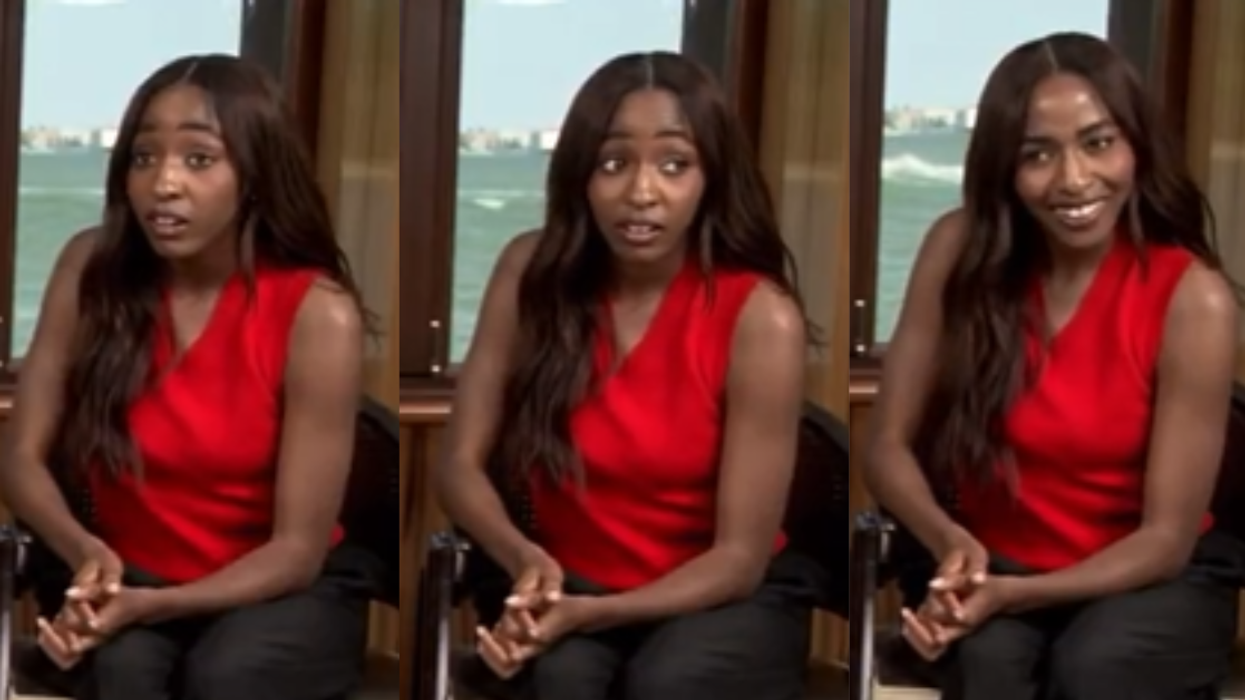

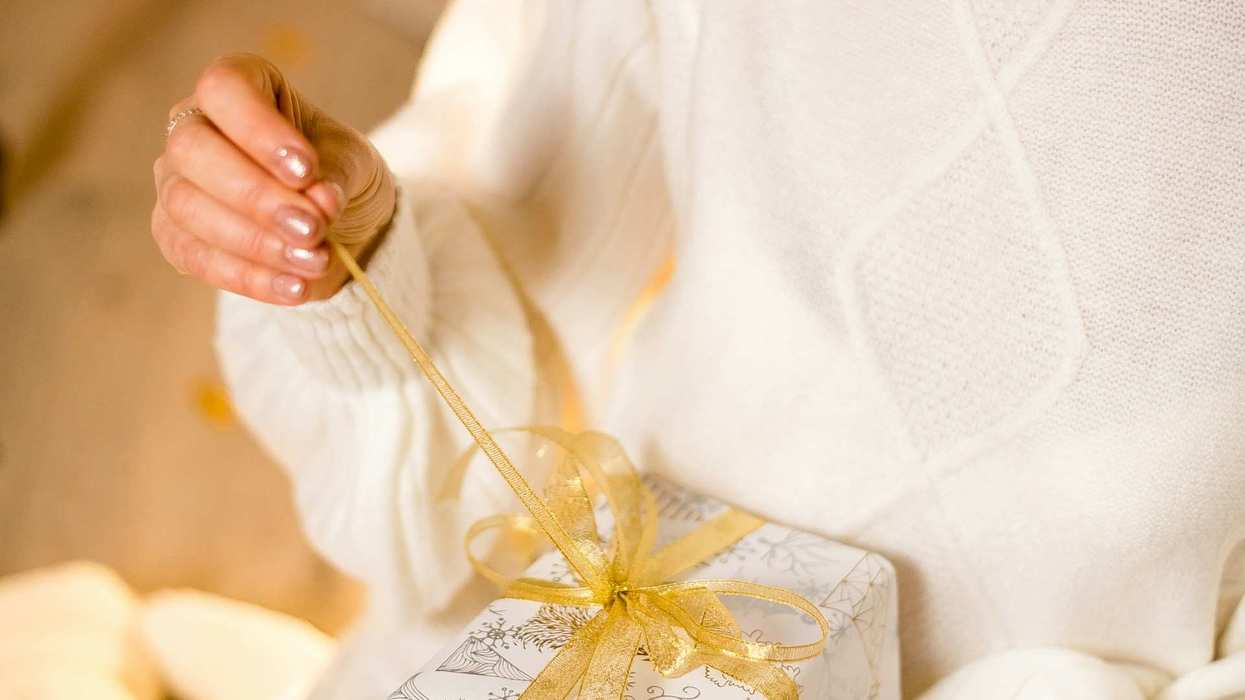
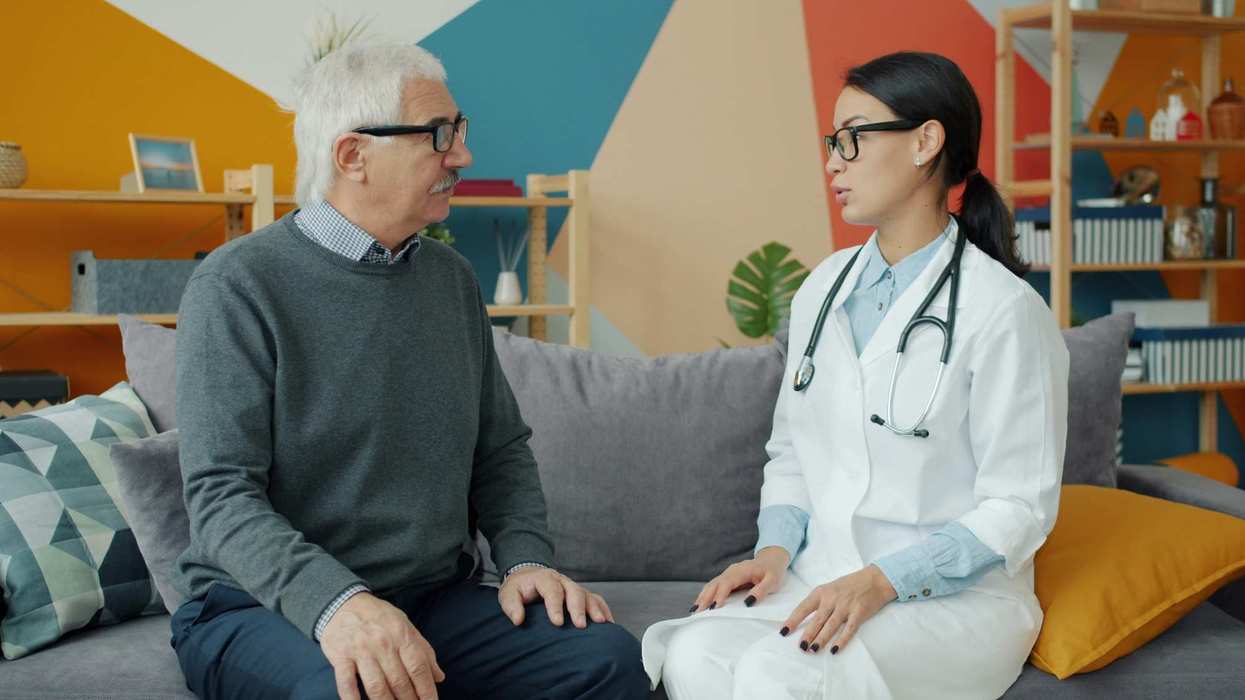
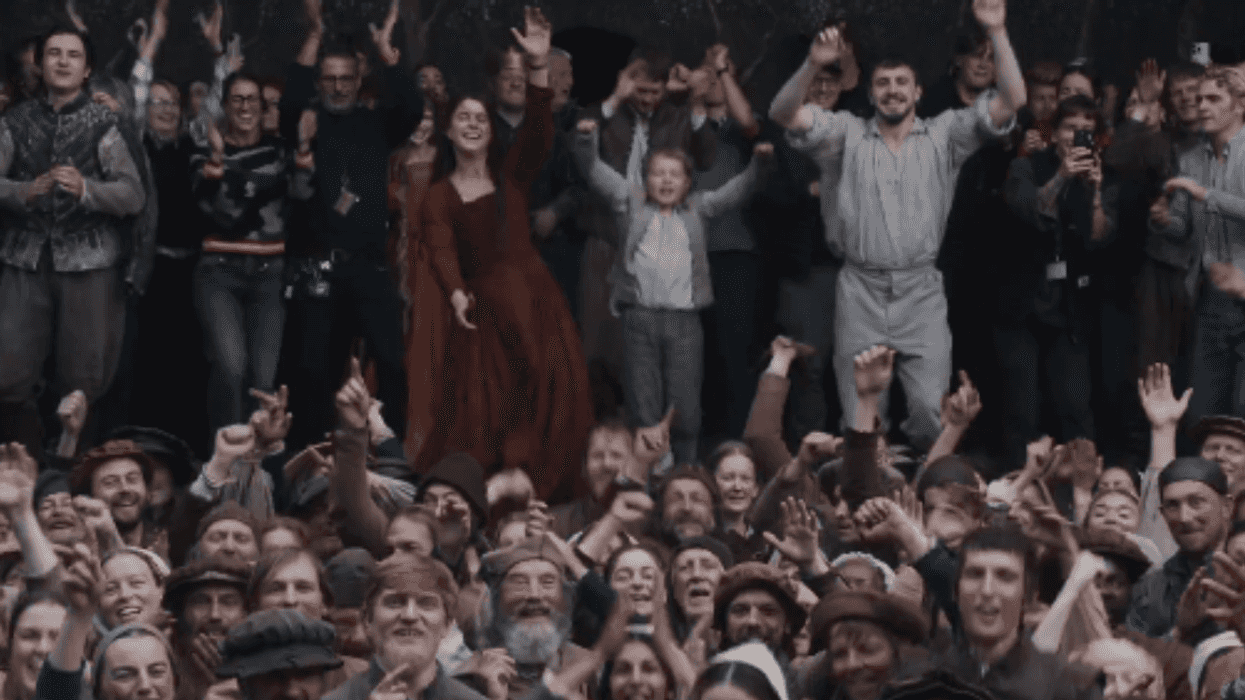
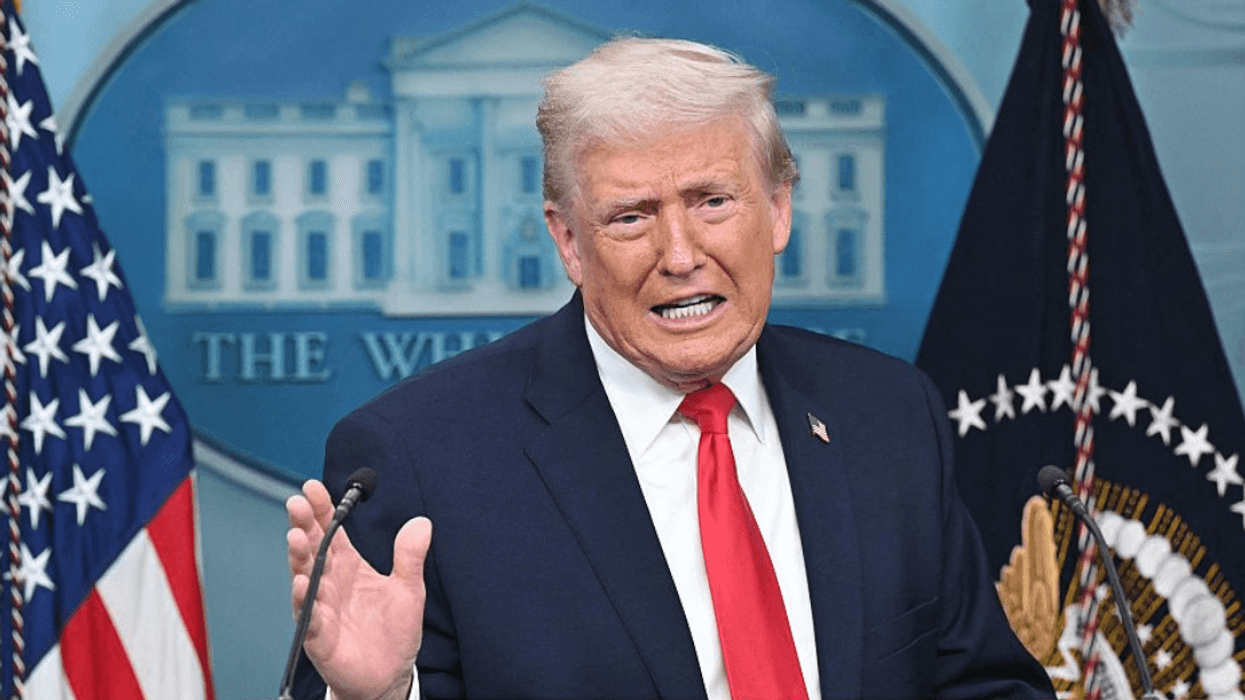
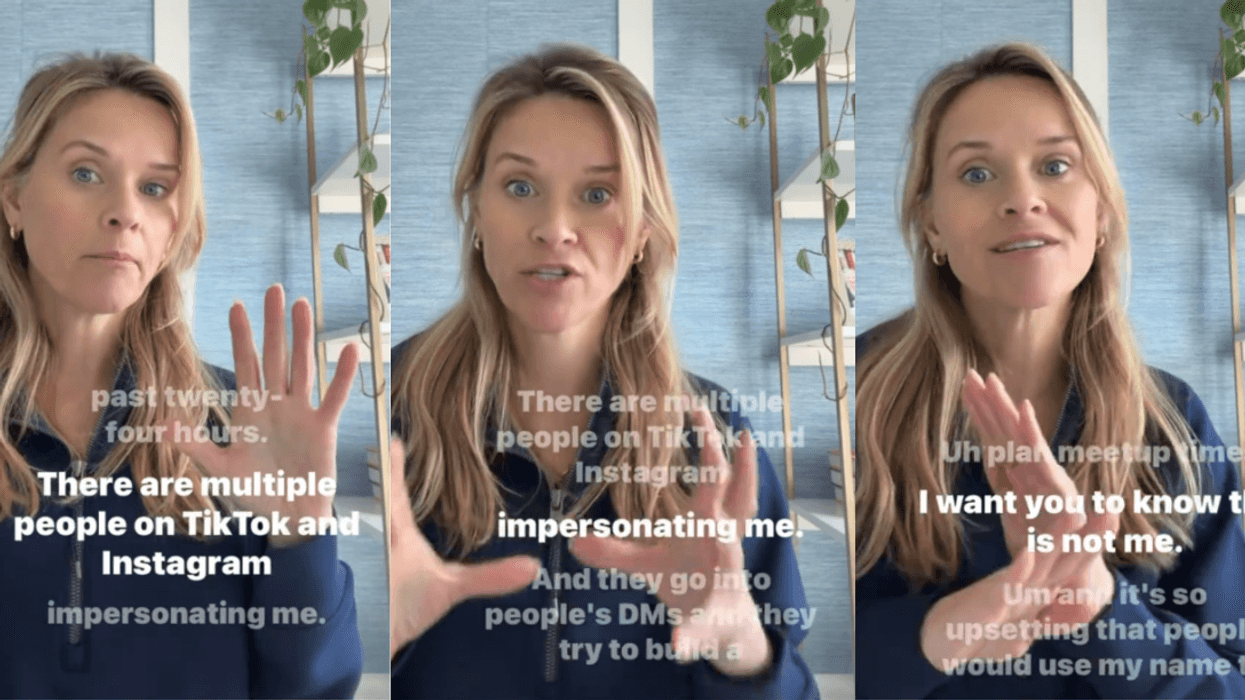
 @reesewitherspoon/TikTok
@reesewitherspoon/TikTok @reesewitherspoon/TikTok
@reesewitherspoon/TikTok @reesewitherspoon/TikTok
@reesewitherspoon/TikTok @reesewitherspoon/TikTok
@reesewitherspoon/TikTok @reesewitherspoon/TikTok
@reesewitherspoon/TikTok @reesewitherspoon/TikTok
@reesewitherspoon/TikTok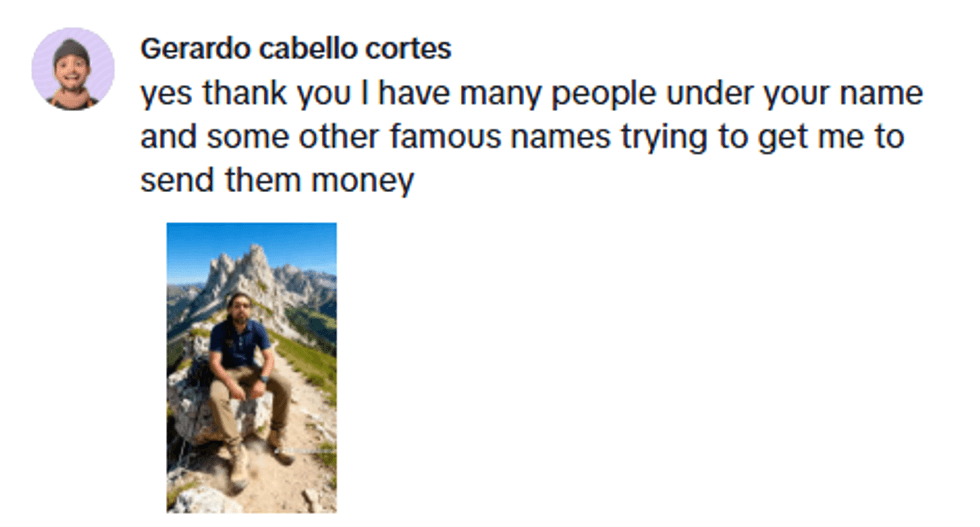 @reesewitherspoon/TikTok
@reesewitherspoon/TikTok @reesewitherspoon/TikTok
@reesewitherspoon/TikTok @reesewitherspoon/TikTok
@reesewitherspoon/TikTok @reesewitherspoon/TikTok
@reesewitherspoon/TikTok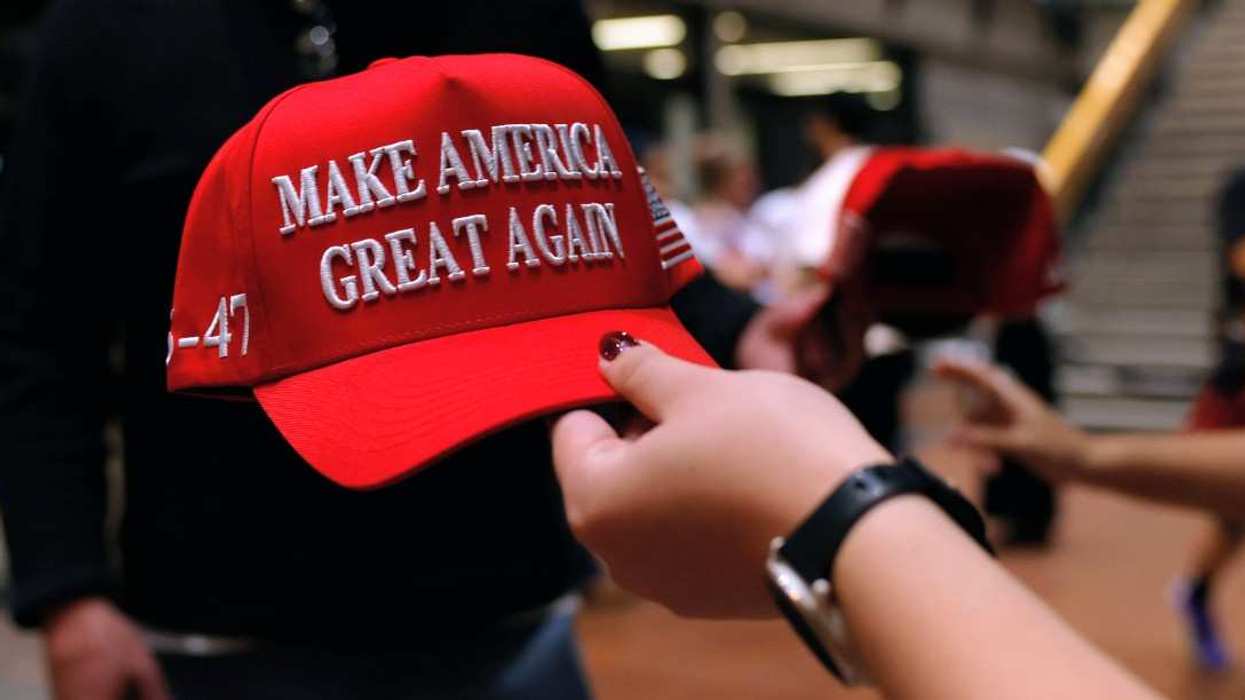
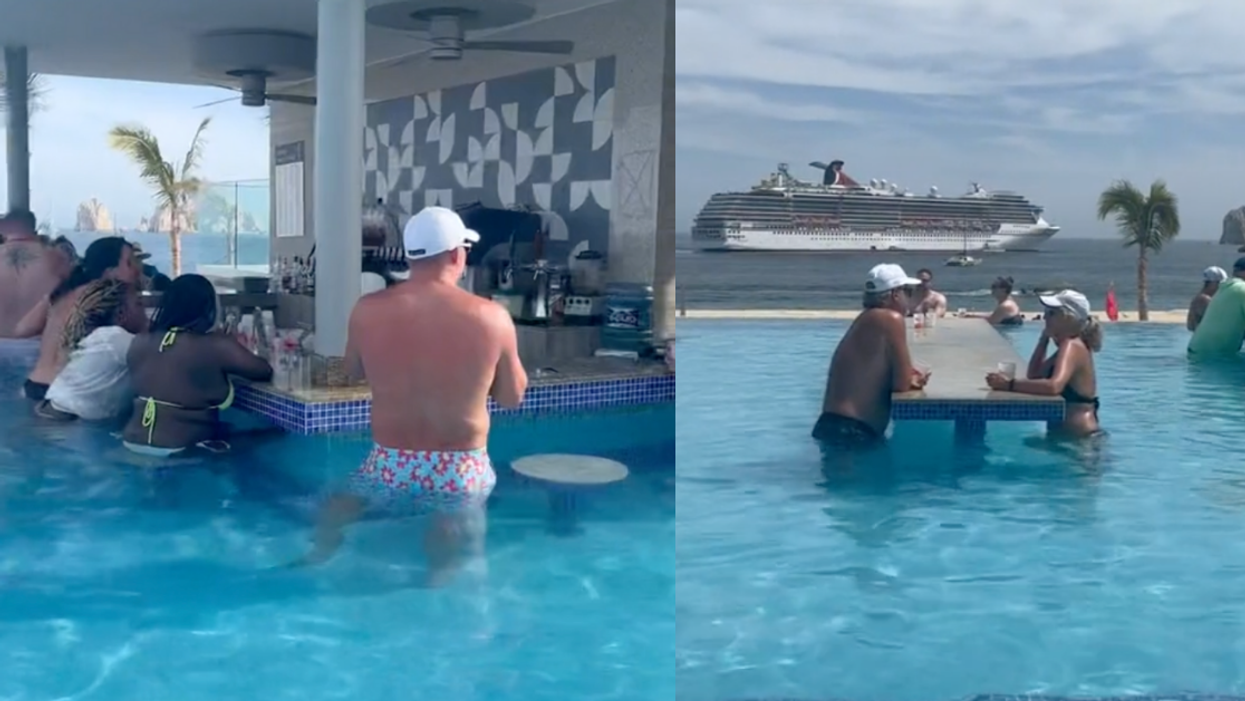
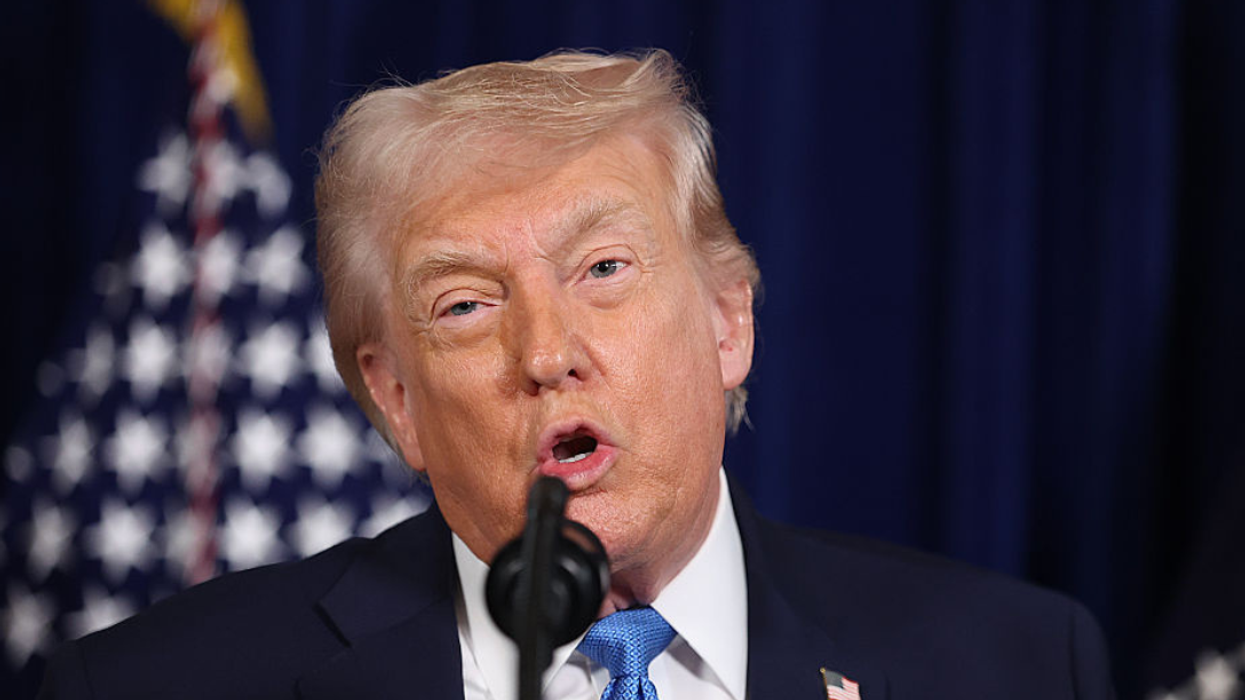
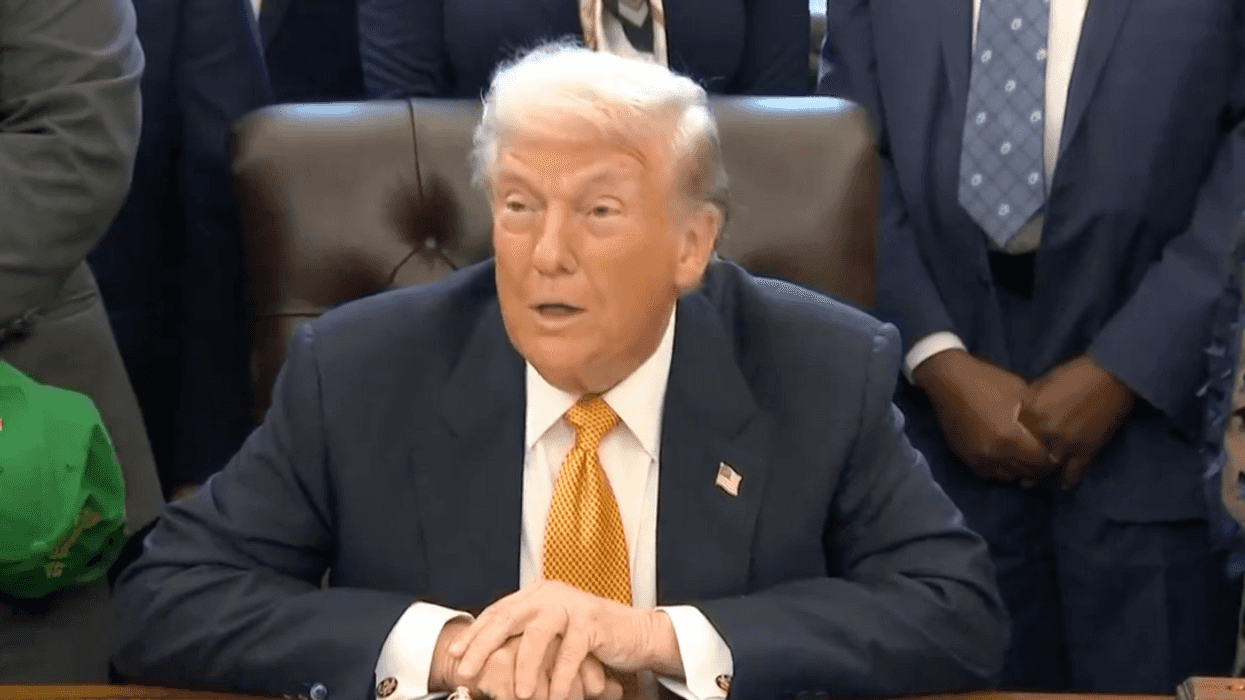
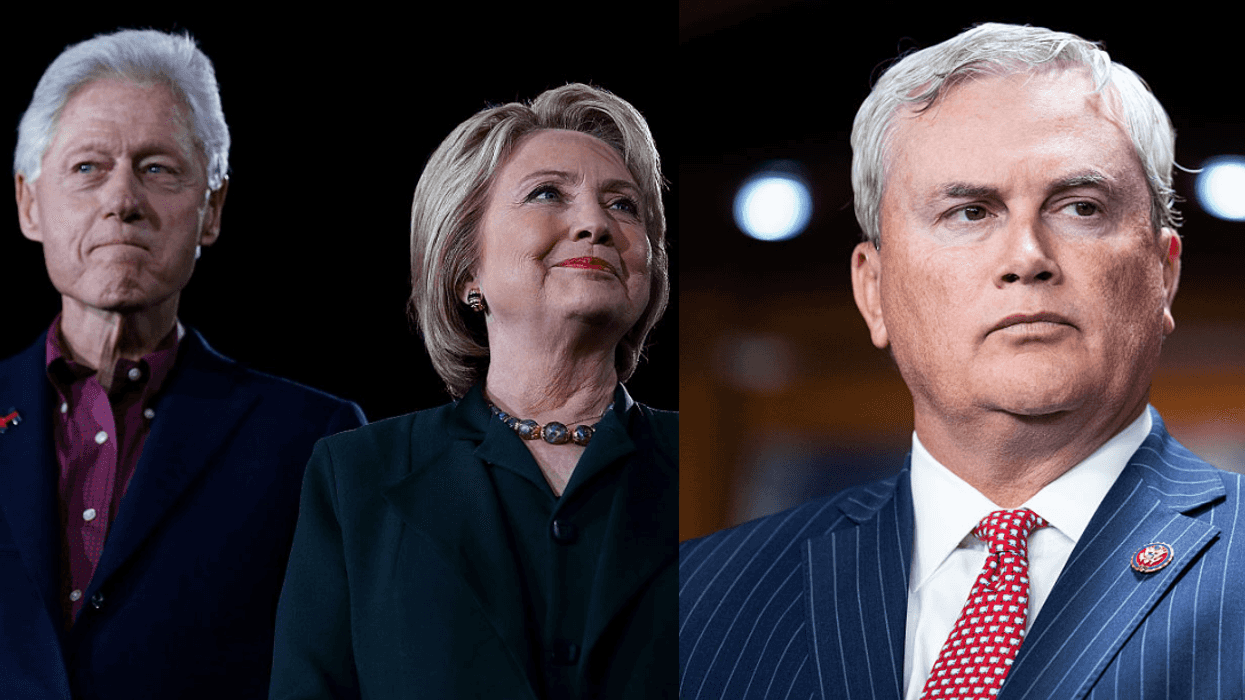
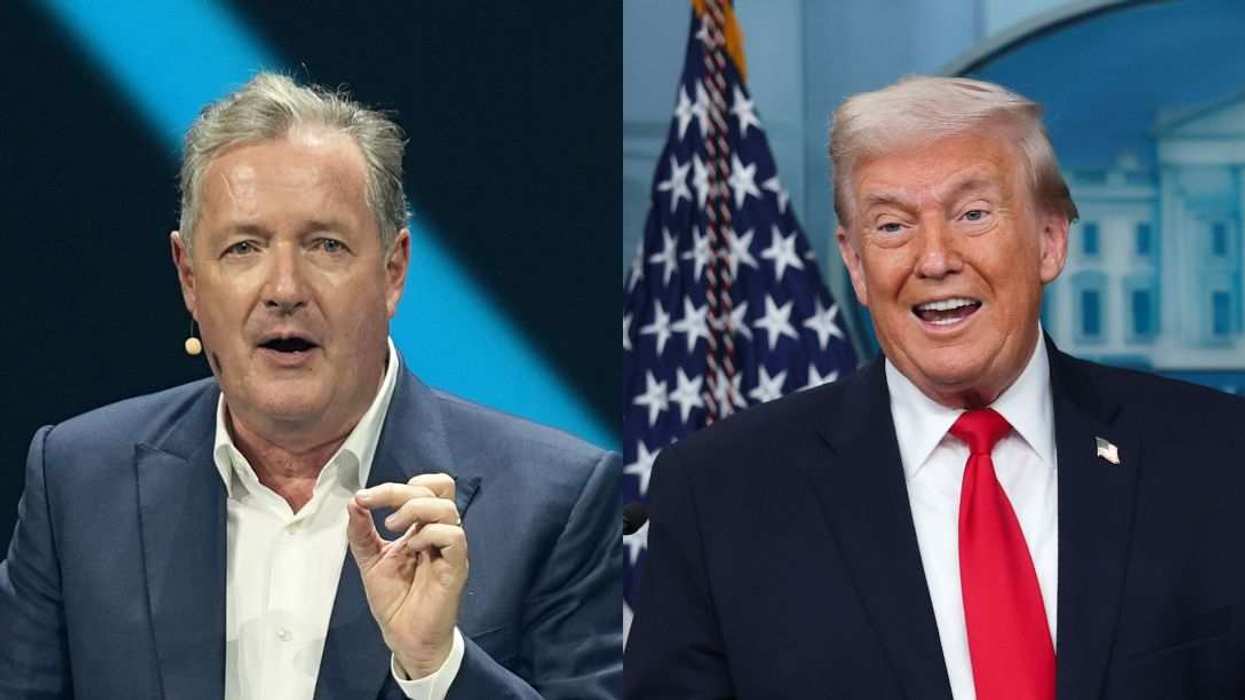
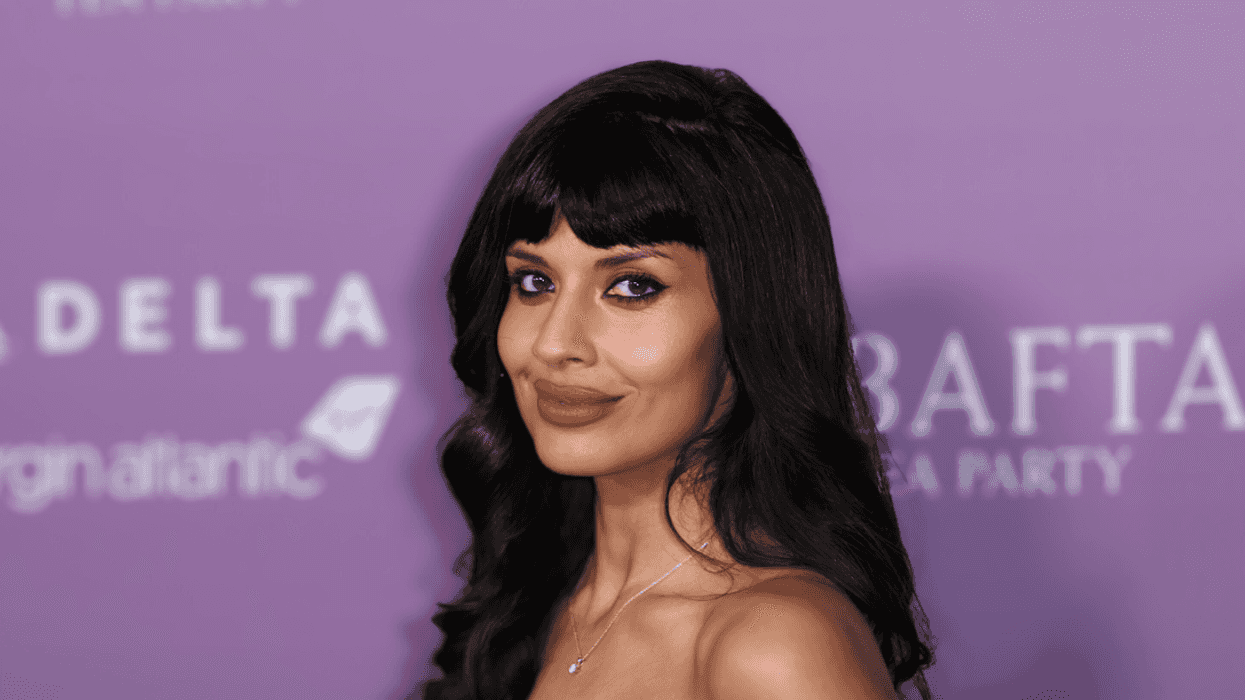
 @refinery29/Instagram
@refinery29/Instagram @refinery29/Instagram
@refinery29/Instagram @refinery29/Instagram
@refinery29/Instagram @refinery29/Instagram
@refinery29/Instagram @refinery29/Instagram
@refinery29/Instagram @refinery29/Instagram
@refinery29/Instagram @refinery29/Instagram
@refinery29/Instagram @refinery29/Instagram
@refinery29/Instagram @refinery29/Instagram
@refinery29/Instagram @refinery29/Instagram
@refinery29/Instagram @refinery29/Instagram
@refinery29/Instagram @refinery29/Instagram
@refinery29/Instagram @refinery29/Instagram
@refinery29/Instagram @refinery29/Instagram
@refinery29/Instagram @refinery29/Instagram
@refinery29/Instagram @refinery29/Instagram
@refinery29/Instagram @refinery29/Instagram
@refinery29/Instagram @refinery29/Instagram
@refinery29/Instagram @refinery29/Instagram
@refinery29/Instagram r/Fauxmoi/Reddit
r/Fauxmoi/Reddit r/Fauxmoi/Reddit
r/Fauxmoi/Reddit r/Fauxmoi/Reddit
r/Fauxmoi/Reddit r/Fauxmoi/Reddit
r/Fauxmoi/Reddit r/Fauxmoi/Reddit
r/Fauxmoi/Reddit r/Fauxmoi/Reddit
r/Fauxmoi/Reddit r/Fauxmoi/Reddit
r/Fauxmoi/Reddit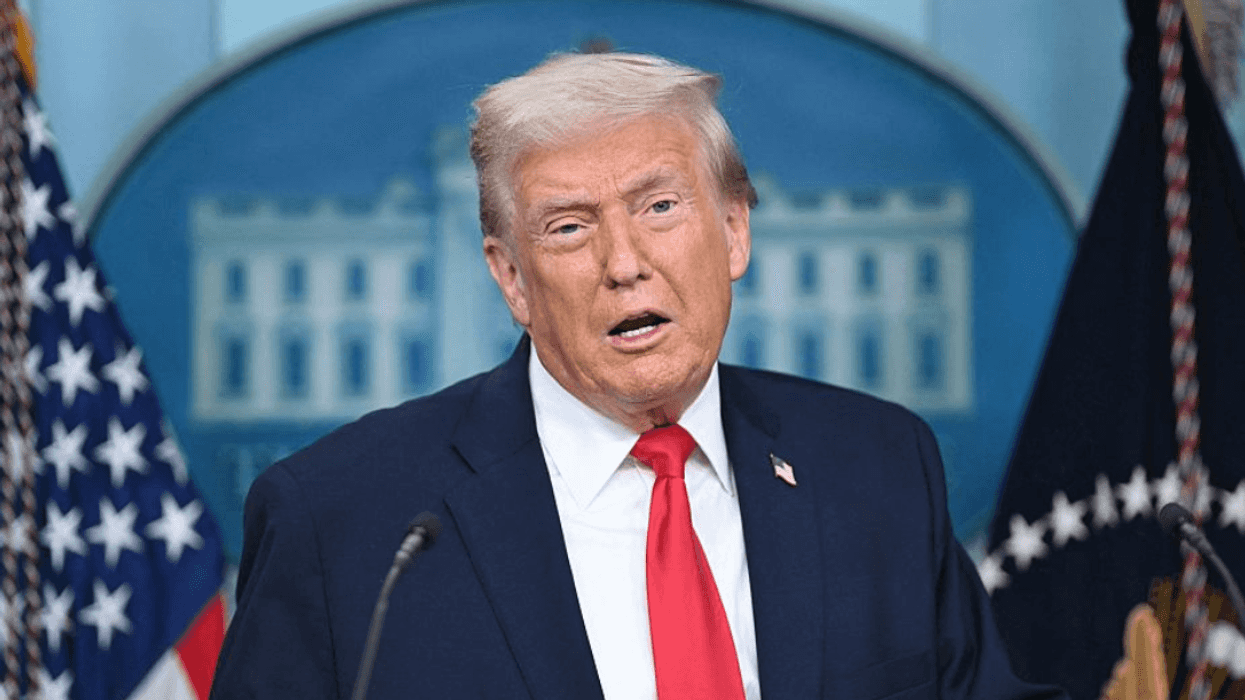
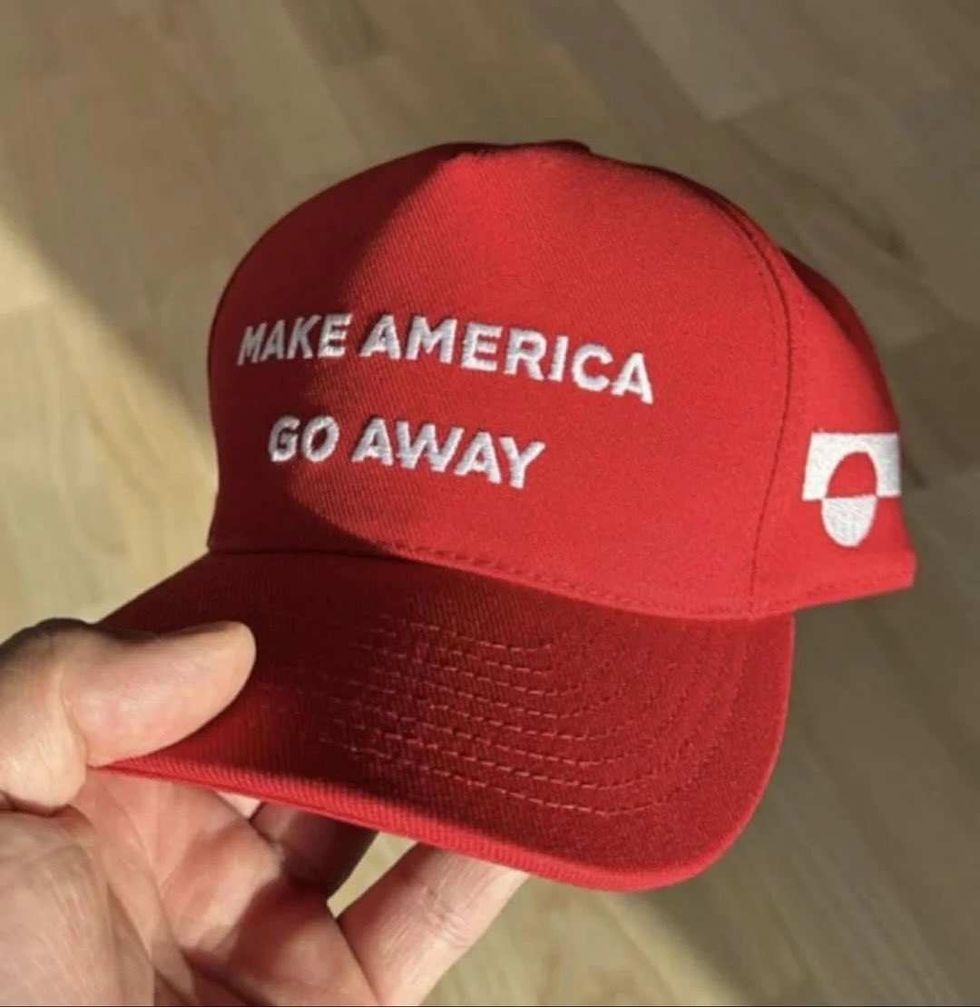 @allenanalysis/X
@allenanalysis/X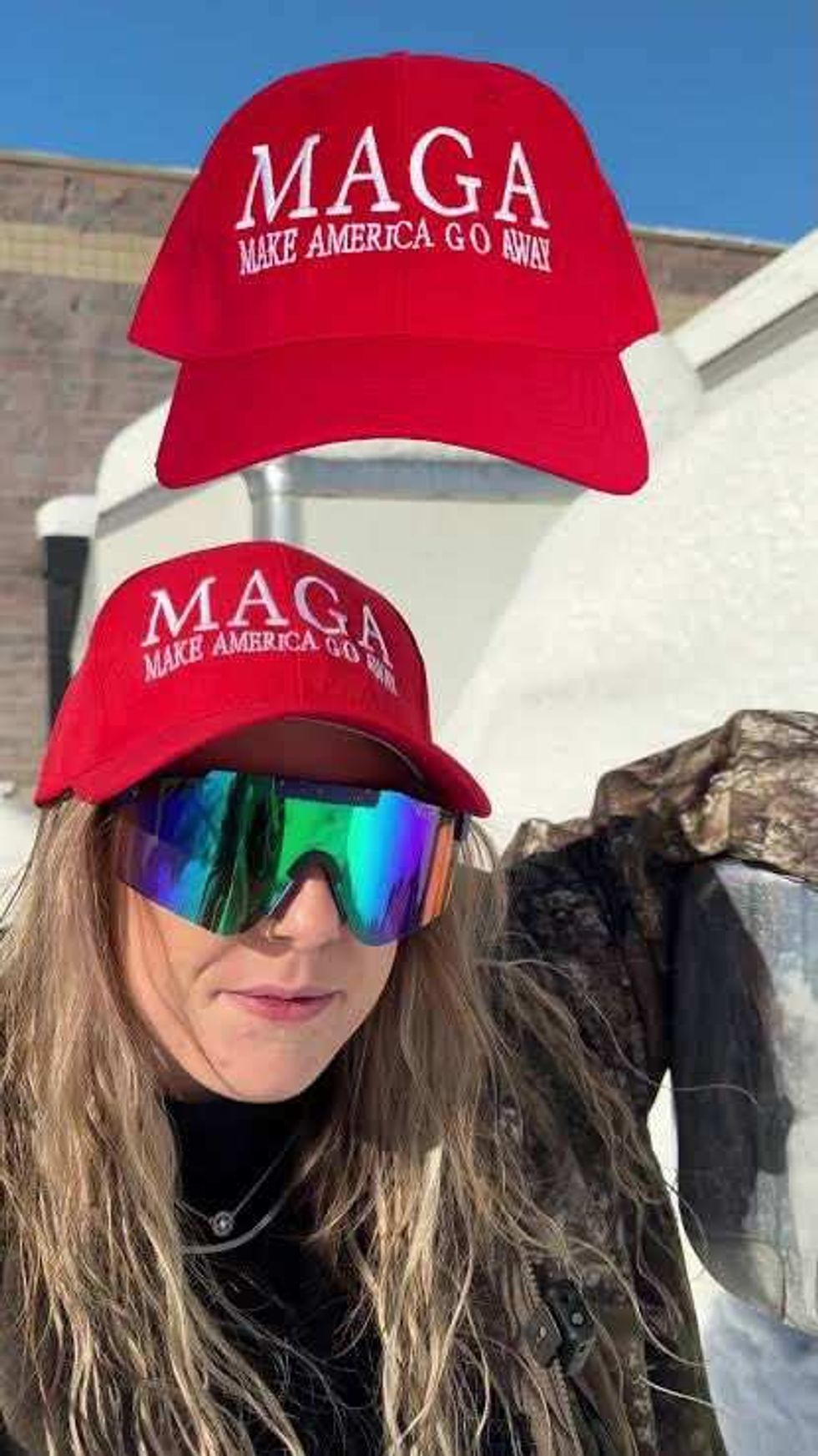 @allenanalysis/X
@allenanalysis/X